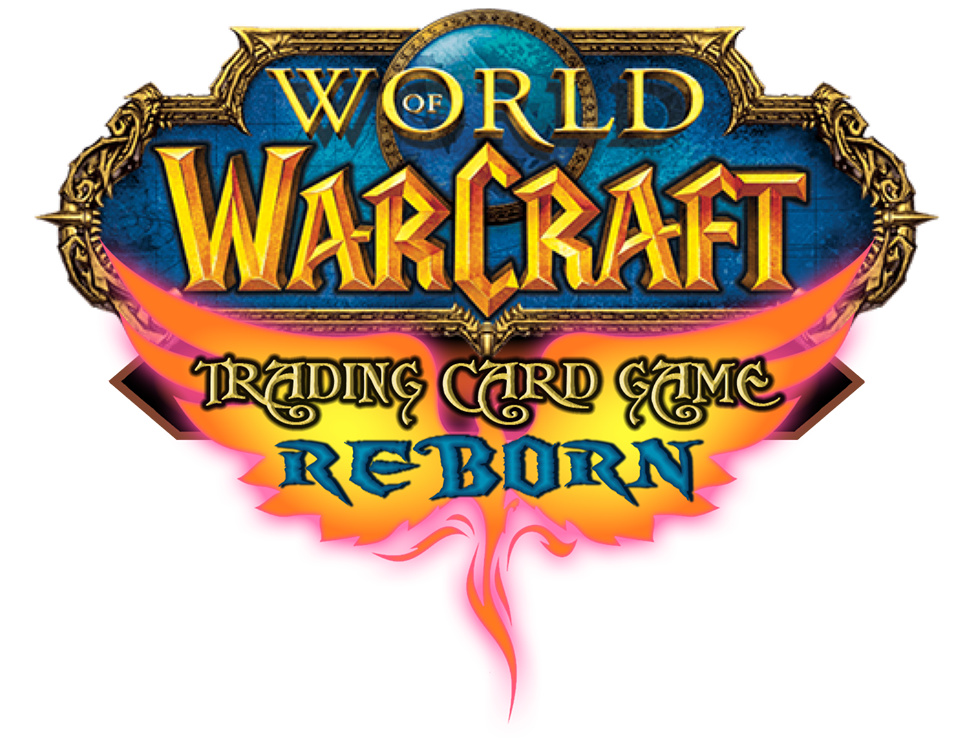The Dungeon Series: Part 1
/I have always enjoyed every aspect of WoW TCG from the competitive scene with its intense competitions to the casual scene with its more relaxed player base and sometimes board game-like approach to the TCG. When playing in Battlegrounds at the local game store or larger events like Realm Champs, NACC, Worlds, or Darkmoon Faires with their many side events, there was always an opportunity to test my decks and feed my competitive spirit. But when Raid Decks were released it gave players who enjoy playing for the sake of playing the opportunity to play a mostly cooperative game which was a completely new and exciting idea!
With raiding, instead of one on one, the games were three on one which balanced out due to the fact that the raid boss’s deck was full of incredibly powerful effects. As a raid party member, you could still use meta decks from the times but you could also use more specialized decks meant to beat the raid you were going against. Like how people used to form parties abusing “The Cruel Hand of Timmy” to leave the Onyxia player with no resources. The older raids were still being played by a person who could make decisions on what cards to play or what to destroy to better their chances of winning. This was great because it had a competitive vibe to it while introducing a new cooperative side to the game.
Then, a new evolution to casual WoW TCG was introduced: Dungeon Decks. Players were thrown into one of three Dungeons to work as a team toward the final goal of beating the end boss. The Dungeon Deck played itself without a pilot which allowed for a full cooperative gaming experience unlike the typical Raids.
The Basics of Dungeon Delving
Dungeons, unlike their raid cousins that required powerful decks to defeat, were meant for casual decks or starter decks to play against them. They had a system of varying difficulties where the party could choose to start at different levels of the boss to increase the difficulty as desired. They also had an XP/experience system to help level up the decks being played by letting them add cards to their deck. What was really unique about Dungeons, though, was that they created an environment where cards you wouldn’t normally want to use became absolute power houses.
Because raid decks still had a human driving the deck, they typically knew what they needed to destroy to better their chances of beating the raiders. But the dungeon is completely impartial, it just used area effect abilities or blanket abilities to try and interrupt raiders’ board states. Players were given more leeway with their party. Cards like “I’m Not Dead Yet!” could actually be played to good effect against a dungeon. Sure, there are always cards that could ruin your plans, but it was easier to control the dungeon board and keep your allies alive, thus securing your ideal board.
There are some special rules that were implemented for the Dungeon Deck experience. The manual states that if a Dungeon Card would be put into the player’s hand it goes to the top of the Dungeon Deck instead. Also, Dungeon allies would be considered 0 cost, the same as tokens. Lastly, if a card effect would make the Dungeon discard a card, that number of cards would be milled from the Dungeon Deck instead.
This left a lot up for interpretation in terms of game play interactions. If the Dungeon Deck milled cards, does that mean it could be milled out? Can you take control of a Dungeon Ally? Can a Dungeon Ally be removed from play / placed in a resource row? Can an ally that can only attack heroes attack Bosses, because if a Boss is in play the Dungeon Hero can’t be attacked? A problem for dungeons was there really wasn’t many official rulings about some of the odd situations that could arise during a dungeon run. This led to playgroups basically having house rules. The party would decide ahead of time what was allowed and what was not.
Next Time
Thanks for reading my brief introduction to one of my favorite casual WoW TCG formats. I’m an avid dungeon fan and I think the developers were too since they began incorporating the automated decks into the newer raids. That’s not to say player-run raids are worse in any way, but everybody’s different and the dungeon system’s true co-op style of game play just scratches a certain itch for some of us. Stay tuned for part two of four where I delve into more of those lesser used cards that shine against dungeons and even some meta cards that can make a big impact in the cooperative environment!





